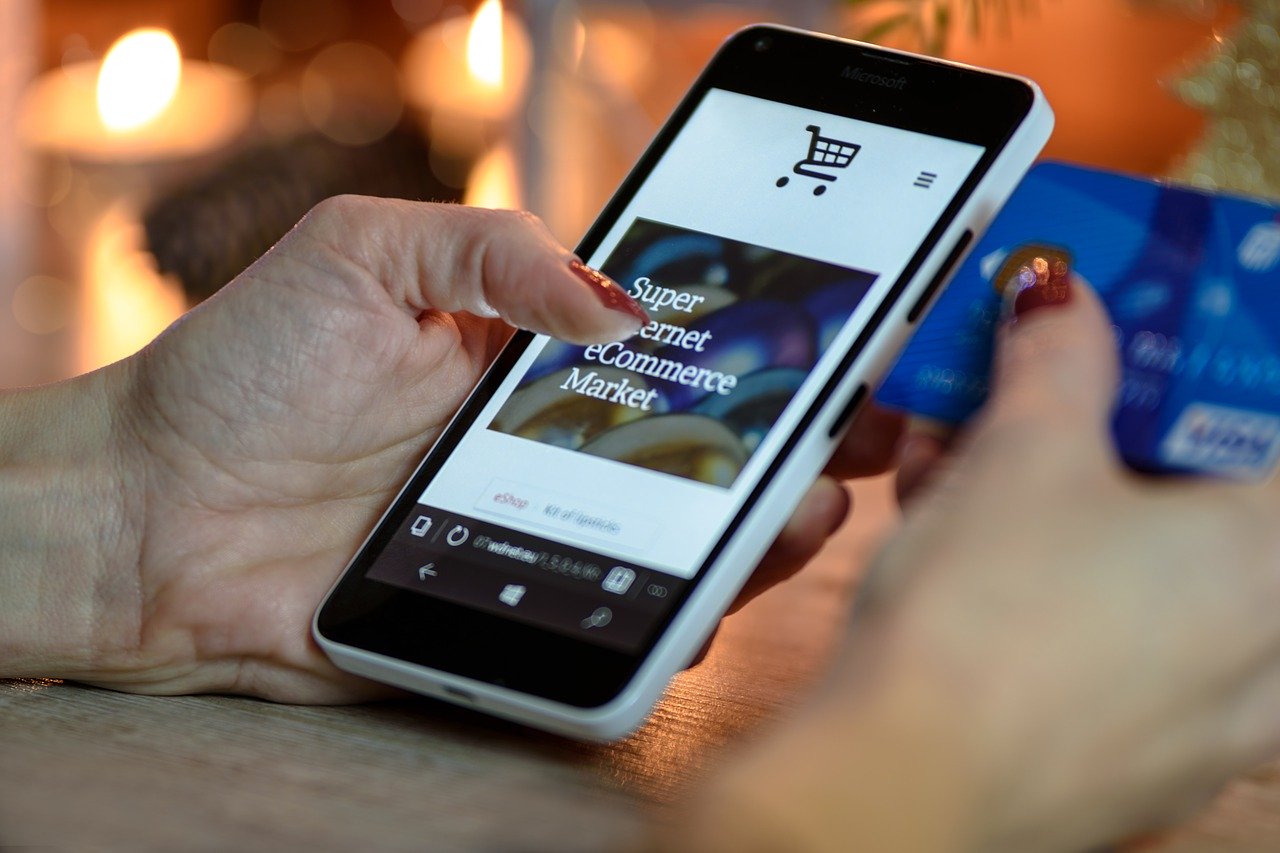
Shoppers are wary of products shipped from abroad due to the coronavirus crisis, according to a new survey of 45,000 people around the world.
Consumer behavior led to panic buying, online shopping, stockpiling, and depositing money on banks due to the coronavirus crisis when people are forced to stay at home.
While many countries are gradually reopening, uncertainty around the coronavirus persists and affects attitudes toward products that consumers buy, according to analysts.
Market research firm Kantar reported that third of global shoppers are concerned that products from abroad bear safety risks.
The "Covid-19 barometer” survey asked 45,000 respondents across 17 countries online and over the phone in late April. The study had a margin of error of 2%.
Goods from China and the U.S. were perceived as particularly risky by
Consumers in other countries find goods from China and the US risky, according to Kantar’s survey. Moreover, 47% say they were far less in favor of purchasing American and Chinese products.
Meanwhile, people in South Africa, Nigeria, South Korea, and France were most hesitant of purchasing goods imported from the China and Us.
Rosie Hawkins, CIO of the insights division at Kantar, told CNBC people were also beginning to favor locally-produced goods.
“We see concern about a second wave, and in line with that we’ve seen increases in people saying they think companies should bring supply chains into their country,” she told CNBC.
“That’s about protecting the supply chain, but it’s also about protecting jobs and their economy. So it seems to be driven by how we can be self-sustaining as individuals, but also as countries and economies.”
Based on Kantar’s survey, 65% of people around the world preferred ordering goods and services from their domestic market. In fact, one in four believe that companies should bring production back to their own country.
In addition, Chinese consumers were the champions of the “buy local” movement, with 87% of respondents in the country preferring locally-produced goods while 81% of Italians and 76% in South Korea said the same.
Risk in everything
Peter Noel Murray, a New York-based member of the American Psychological Association and the Society for Consumer Psychology, explained that consumer behavior changed during the coronavirus crisis because people “recognize a risk in everything now.”
He added that consumer behavior is typically driven by the emotional end benefit that comes with purchasing. During the crisis, however, consumers started assessing the reward of making a purchase against the risk involved in it.
“Consumers talk about products that they love, but if they’re put in a position where in order to get that brand they have to expose themselves in a way which they think has some risk associated with it, they’re not going to do it,” he said.
“It’s really pervasive, this new calculation that seems to be coming up, and I think the same calculation can be made with foreign products.”
He stressed that “unfounded” views of risk could even see brand loyalists dodge certain goods if they had “some kind of nagging feeling that there may be a risk associated with it.”
“It’s going to affect a wide range of people’s behaviors, and that’s going to carry with us for quite some time,” Murray said.
Turning inward
Michael Gasiorek, a professor of economics at Sussex University in England, told CNBC that in times of crisis, pointed out that people turn inward and become more nationalistic now.
“There’s been a lot of talk in the press about how we should be worried that we’re engaged in all these international supply chains,” he said. “It’s entirely possible that people are picking up on this and thinking, ‘oh dear, we should do more ourselves.’”
However, he believes that whether consumers would change their behavior was another question.
“How many consumers, when they go into the shop and buy tomatoes or blueberries, actually check the origin of those products?” Gasiorek asked. “I wonder, whatever people say they would prefer to do, how much they actually do that in practice.”
Mauro Guillen, professor of management at the University of Pennsylvania’s Wharton School, is also skeptical about any motivation consumers had not to purchase from certain countries, particularly in the US.
“What people say in surveys is quite another to what they do when they go to Walmart or shop online,” he said in a phone call.
“It’s often very difficult to know where a product is made. But even if that wasn’t the case, American consumers care about the buck and how much money they spend.”
However, Guillen said that if consumers, politicians, or companies started to prefer a hyper-local approach, it may hinder economic recovery.
“That was precisely what made the Great Depression deeper and longer — governments in Europe, in the United States, in Latin America, they turned inward,” he told CNBC.






